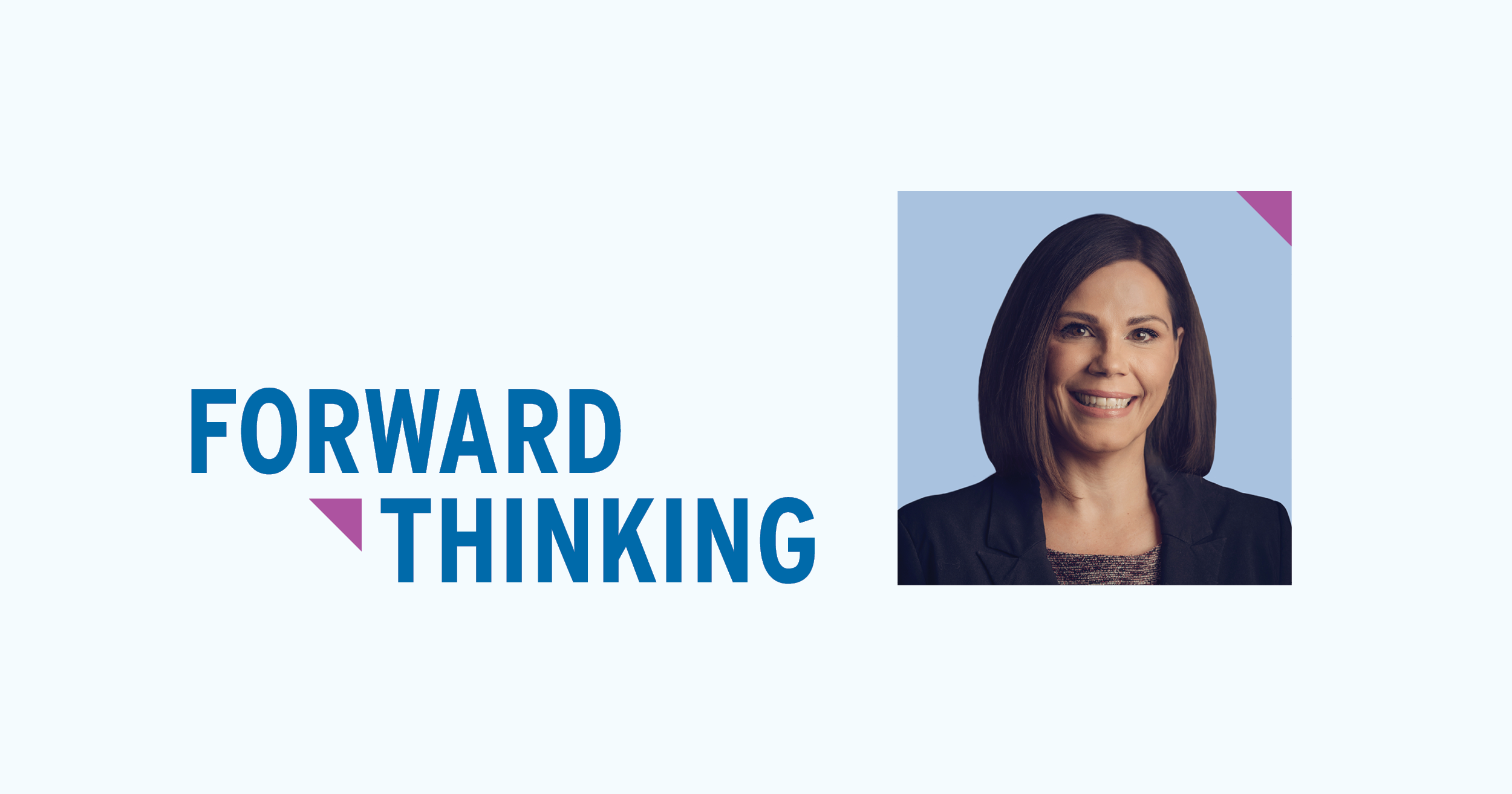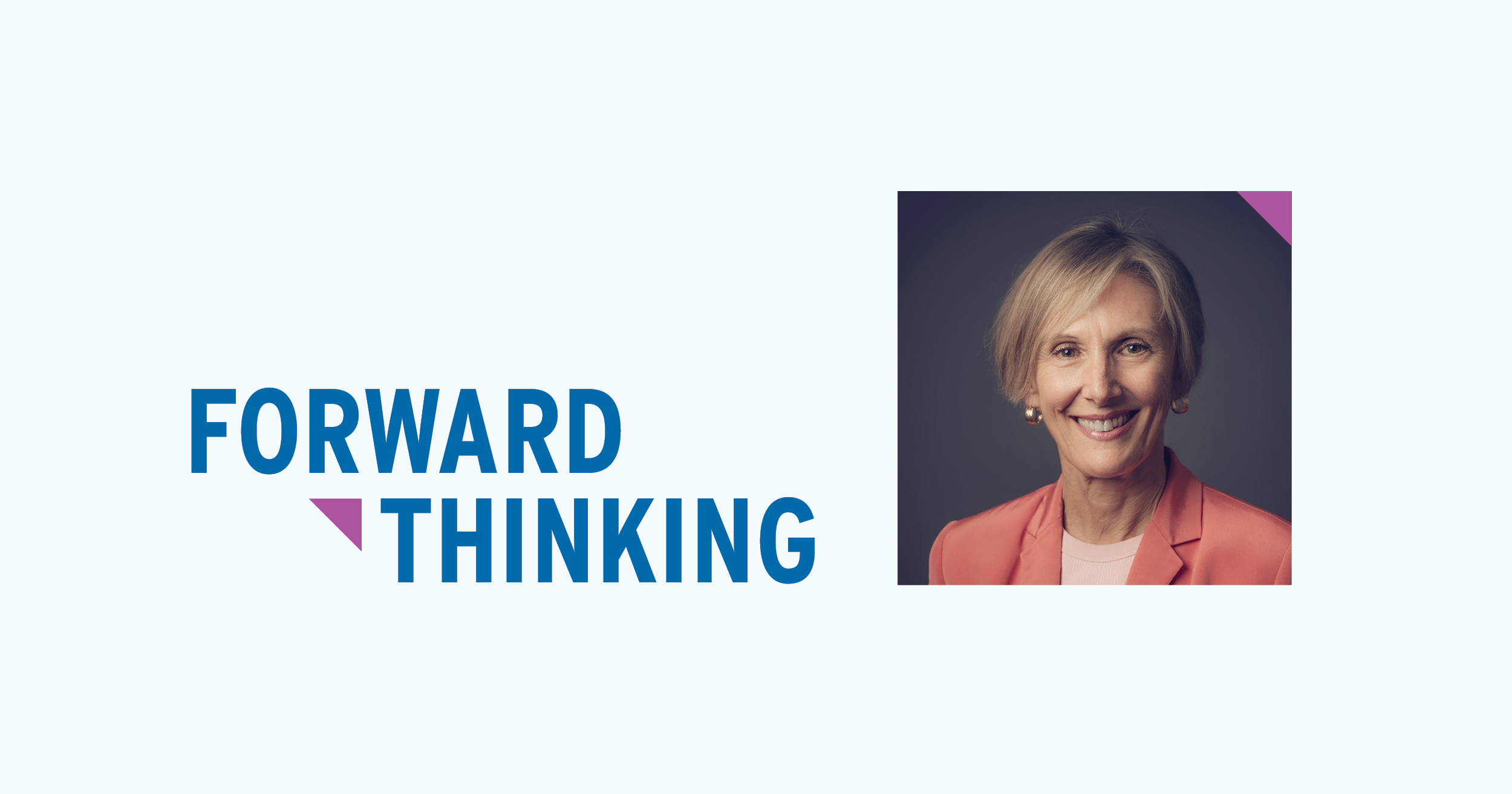Identifying Talent Through Funding Competitions
26 July 2019

Core to MSFHR’s mandate is talent development – supporting the recruitment, retention, and development of the research talent BC needs to support the health of British Columbians, an effective health system, and the province’s knowledge economy.
In this blog post, MSFHR’s Research Competitions director Valerie To explores how we identify these talented health researchers as well as the evolution of our grant application processes from the early days of paper to today’s system and beyond.
Forward Thinking is MSFHR’s blog focusing on what it takes to be a responsive and responsible research funder.
Identifying and developing health research talent in BC
As a funding agency, we rely on our grant application process to give us the information we need to make informed funding decisions. Given its importance in helping us determine who and what to fund, we are always looking for ways to improve the efficiency and effectiveness of the application process for our staff as well as for our applicants, peer reviewers and other users of the system.1 It is also important to us that we collect high quality data as part of the application process to help us understand who is applying to our programs (e.g., most popular programs, success rates, demographic information such as geographical and gender distribution of our applicants) and other observations such as quality of the applications and barriers to applying. Depending on the complexity of these observations and to ensure our programs continue to be as impactful and responsive as possible, we would supplement this data with feedback from relevant stakeholders prior to implementing any program-level changes.
Journey from paper applications to an electronic platform
In the early days of MSFHR, all grant applications were submitted on paper. On the day of the competition deadline, researchers would arrive in our offices with bankers’ boxes containing 10 printed copies of their application. Those banker boxes and endless copies of the application packages were then placed in our back room and sorted alphabetically by last name – the result was endless rows of boxes, or mountains as I called them. One could get lost in the maze! Over the 13 plus years that I’ve been at the Foundation, I’ve been involved in transitioning our grant applications from paper to an electronic online platform. Our first grant management system (GMS), MSFHR ApplyNet, launched in 2006 and was a huge improvement over the paper-based system. Not only did it streamline the process and save hundreds of trees, it gave us a way to gather additional data that would help us understand how our programs were working and where we might need to make changes. More than a decade after our initial transition from paper to an online grant management system, we have come to rely on the data collected as part of the application process to inform numerous elements of our work.
Application forms are a key tool for data collection
Our initial focus was on collecting the information needed for internal staff to determine an applicant’s eligibility to a funding program and for reviewers to conduct their assessment of the application during peer review. With the switch to MSFHR ApplyNet, there was a huge opportunity to collect additional data that could help us gain insights into the types of research proposals we were receiving, from whom and where.
Over the years, and as we got more familiar with the system, we became more purposeful in how we collected data. We want to build a data-driven culture where we use evidence to make decisions and to demonstrate our impact and MSFHR ApplyNet is an important source of that data. When it comes to collecting information from our applicants, we want to make sure we are asking the right questions and using the best approach to get the data we need. Our Research Competitions team relies on the expertise from our Evaluation & Impact Analysis colleagues to ensure we are collecting data in a useful format. The primary use of this data is as one of the key inputs in our program learning & improvement cycle, a formalized and systematic process that takes an evidence-informed and multi-stakeholder approach to ensure each funding program continues to realize its desired impact. Other ways we use data from MSFHR ApplyNet include our reporting to the government of BC about our impact and sharing institution-specific data with the institutions (e.g., success rate, successful applicants, amount awarded, etc.) to show how their applicants are performing in MSFHR funding competitions.
GMS helps enable continuous process improvement
At the end of every competition cycle, we take feedback from applicants and peer reviewers, coupled with analysis done as part of our program learning and improvement cycle to help us identify ways to optimize MSFHR ApplyNet to create efficiencies both internally and externally. This helps us better deliver our funding competitions and improve the experience for all users of the system. For example, internally we’ve changed various competitions’ workflows to streamline processes and data gathering; externally, we support the streamlining of application processes (reducing paper copies and physical signatures) for our host institutions2.
In addition to applying changes from the program learning & improvement cycle, we also continuously evolve and adapt MSFHR ApplyNet and its processes to respond to environmental changes within BC, Canada and internationally (e.g., processes at the host institutions, changes in the health research landscape). The changes to MSFHR’s ApplyNet may seem operational on the surface but they ultimately support MSFHR’s core mandate of talent development.
New version of MSFHR ApplyNet coming fall 2019!
To be consistent with our goal of continuous improvement and feedback and to better support MSFHR’s current and future needs, we are in the midst of implementing upgrades to MSFHR ApplyNet using technology developed by SmartSimple. Stay tuned for more information as we roll out our new and improved MSFHR ApplyNet this fall!
[1] Peer review is also a key component of determining who to fund. To learn more about how we evolve our peer review processes, check out our blog, Peer Review: Committing to Continuous Learning and Improvement
[2] The host institution is typically the institution that provides the majority of resources to support the program of research (e.g. infrastructure, human resources, administration, etc.). The selected host institution will be responsible for administering the award funds.





